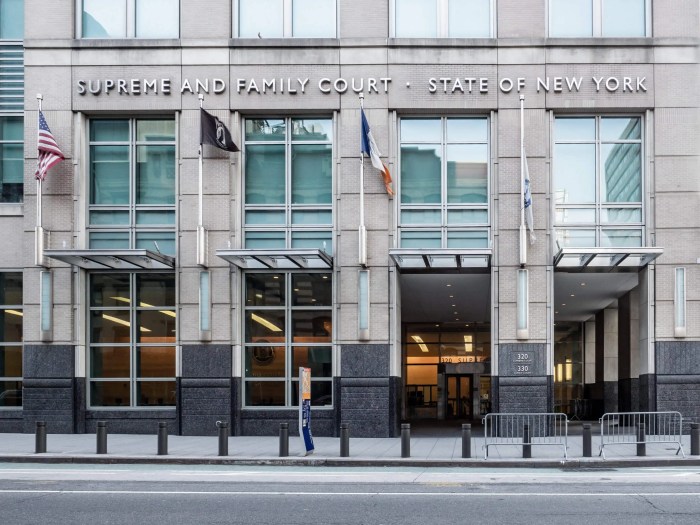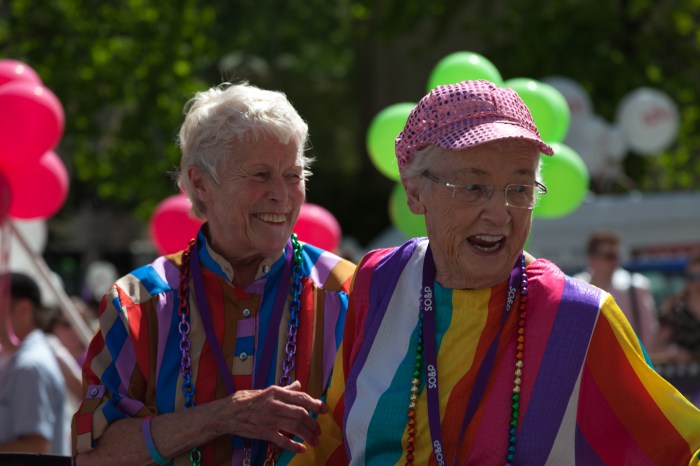By Ed Koch
“Leonard Cohen Live at the Isle of Wight 1970” (No rating)
Last year, I went to see Leonard Cohen’s sold-out performance at Madison Square Garden (at $250 a ticket). I had never heard of him, but my companions extolled his art, particularly his lyrics. Those lyrics are deemed to be poetry by his followers — very much in the style of Bob Dylan. The audience couldn’t get enough of him.
I did not particularly enjoy that concert and wondered if I would feel differently about Cohen and his talents if I didn’t have to pay such a hefty price to see him perform. So I decided to see this documentary, which covers his 1970 concert performance on the Isle of Wight that went on for five days before an audience of 600,000. Judy Collins, Joan Baez and Kris Kristofferson also performed at that event; but their performances are not shown in the film. They are, however, interviewed on Leonard Cohen.
The difference in concert and movie ticket price did not cause me to change my mind. I found Cohen to be far better in both voice and presentation in his Garden performance than he was in 1970, but I have concluded that he has a cult following, and I am not caught up in the spell.
Joan Baez, whom I still adore after so many years, is interviewed in the documentary saying that Cohen’s presentation proves that lyrics and their meaning are unimportant if he reaches you down deep as Cohen does. Maybe he does for some, but certainly not for me.
Under these circumstances, it would be unfair of me to pin a plus or minus on this film. Those who are part of his cult should definitely see it. Those who have never seen him perform, should also see the movie so that you can judge his talents for yourselves rather than be influenced by an octogenarian who still considers Dylan’s “Blowin’ in the Wind” and Baez’s “Diamonds and Rust” to be two of the greatest folk songs ever written.
The film is playing at the Cinema Village — one of my favorite theaters. It shows offbeat films and has comfortable seats.
1 hour, 4 minutes. At Cinema Village (22 East 12 St., btw. Fifth Ave. and University Place). For information, call 212-924-3363.
“The Girl on the Train” (-)
While not a terrible picture, this is certainly not a first-rate movie. The narrative consists of several stories and subplots, and the main characters in each are linked to one another. Those subplots, however, are not fleshed out in the style of Robert Altman’s film “Short Cuts.”
The main character in is Jeanne (Emilie Dequenne) — who is unemployed and lives with her mother, Louise (Catherine Deneuve). On one of her skating jaunts, Jeanne meets the charming but threatening Franck (Nicolas Duvauchelle), and is smitten by him. We learn that Franck, who is covered with tattoos, has been in prison.
Although Jeanne has few secretarial skills, she applies for an office position with a well-regarded lawyer — Samuel Bleistein (Michel Blanc), and his office manager, Judith (Ronit Elkabetz). Years ago, Samuel was in love with Jeanne’s mother, Louise, before she married her now-deceased husband who was a close friend of Bleistein. Bleistein’s son, Alex (Mathieu Demy), is divorced from Judith. Their son, Nathan (Jeremy Quaegebeur), is about to be bar mitzvahed.
Later in the movie, Jeanne, who is not Jewish, tells the police that she was attacked by Muslims (North Africans) on a train who tore off her clothes and daubed swastikas into her flesh. That incident was investigated and proven false, and in the movie we see Jeanne inflict the wounds on herself.
The movie is made up of unfulfilled possibilities. Some of the scenes are interesting, but a film with a solid story it is not.
Henry Stern said: “This movie makes sense if it is a reasonable recounting of the contrived anti-Semitic incident. We don’t know. If not, it is simply an entertaining slice of life picture — well photographed and acted, with a plot totally unlikely to have occurred; but so what? The title is irrelevant to the plot. There are periodic shots of speeding railways cars, which I took as Freudian. “Murder on the Orient Express” this film is definitely not — but it is one movie that presents Jews in a favorable light (best bar mitzvah scene since “Sunday Bloody Sunday”) and we should be thankful for that.”
1hour, 45 minutes. In French and Hebrew, with English subtitles. Screening at, among other places, the IFC Center (323 Avenue of the Americas). For information, call 212-924-7771.

















